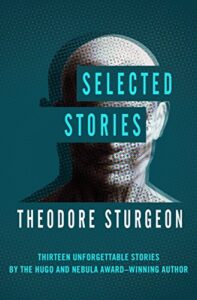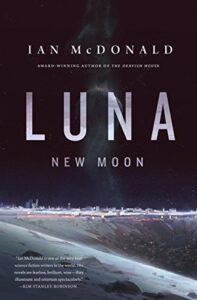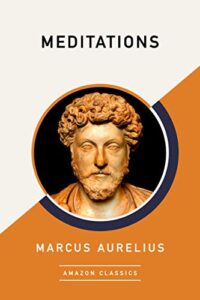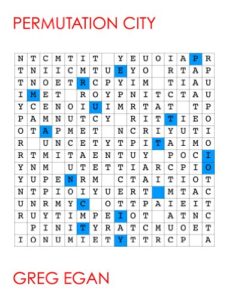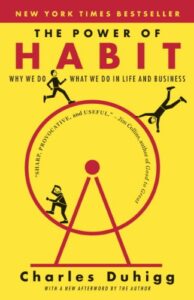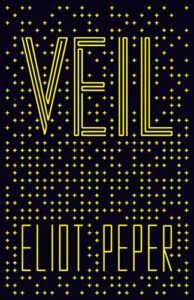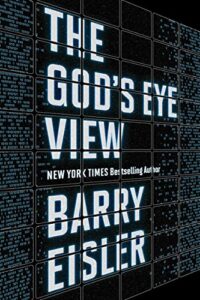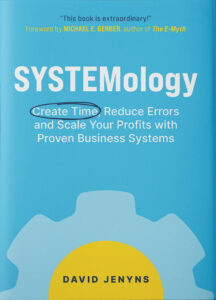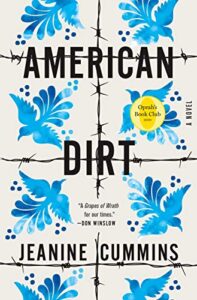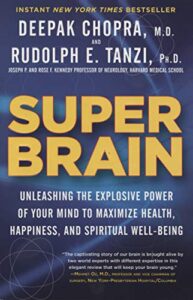I’m not afraid to admit that I’m a short story junkie. Between novels, I like to read a short story or two to break things up. The format is, well, different. It’s hard to explain, but a good short story captivates me. I enjoy how the characters are developed, and I really enjoy a short story with a strong plot twist. It’s especially satisfying when just enough is left unresolved that I get use to my imagination to complete the story.
I also find that short stories are a good way to explore different authors. If I like their short stories, then there’s a good chance I’ll enjoy their longer form writing too. That’s why I decided to read Selected Stories by Theodore Sturgeon. I had never heard or ready any of his works, so I figured it would be best to start with a collection of his short stories.
Continue reading
